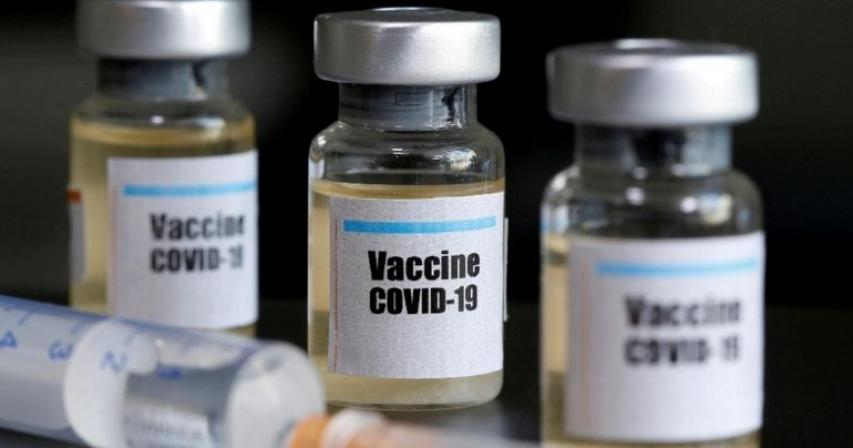Coronavirus | Covaxin Phase-2 trials show vaccine safe, induces immune response, says Lancet study
- 4 years ago

The vaccine showed better reactogenicity and safety outcomes, and enhanced humoral and cell-mediated immune responses compared with the Phase-1 trial
Covaxin, India’s indigenous COVID-19 vaccine, showed enhanced immune response as well as better reactogenicity (reaction symptoms) and safety outcomes in the phase 2 trial, interim results that have now been published in the journal Lancet Infectious Diseases said.
The publication comes days after Covaxin maker Bharat Biotech said the vaccine demonstrated an interim clinical efficacy of 81% in its later phase 3 clinical trial. Developed in collaboration with the Indian Council of Medical Research (ICMR), it is a two dose vaccine, given 28 days apart.
Tracing the vaccine’s performance, the research article said in the phase 1 trial, Covaxin (BBV152) “induced high neutralising antibody responses that remained elevated in all participants at three months after the second vaccination. In the phase 2 trial, BBV152 showed better reactogenicity and safety outcomes, and enhanced humoral and cell-mediated immune responses compared with the phase 1 trial,” the study said.
However, the results from the Phase 2 study do not permit efficacy assessments, the authors said. “The evaluation of safety outcomes requires extensive phase 3 clinical trials. We were unable to assess other immune responses (that is, binding antibody and cell-mediated responses) in convalescent serum samples due to the low quantity,” they said.
Besides interim results of the double-blind, randomised, multi-centre, phase 2 trial, the publication also covered a 3-month follow-up of the phase 1 trial.
One of the two vaccines given emergency use authorisation by the Drugs Controller General of India (DCGI), it is being used immunisation programmes launched underway mid-January. Prime Minister Narendra Modi was among those who took the vaccine in the second phase of the immunisation programme on March 1.
The publication in the Lancet journal said the phase 2 trial to evaluate immunogenicity and safety of the vaccine was conducted in 380 healthy children and adults (aged 12–65 years) at nine hospitals in India. Two-intramuscular doses of the vaccine were administered four weeks apart.
“Due to the difference in dosing regimens between phase 1 (two doses given two weeks apart) and phase 2 (two doses, 4 weeks apart) trials, neutralisation responses were significantly higher in the phase 2 trial than in the phase 1 trial. Immunological differences between men and women, and across age groups were not observed,” the interim findings said.
Follow-up data from phase 1 showed that the vaccine induces durable humoral and cell-mediated immunity at three months after the second dose (day 104). The most common adverse event in the phase 2 trial was pain at the injection site, followed by headache, fatigue, and fever. No severe or life-threatening (grade 4 and 5) solicited adverse events were reported.
Source: The Hindu
Comments